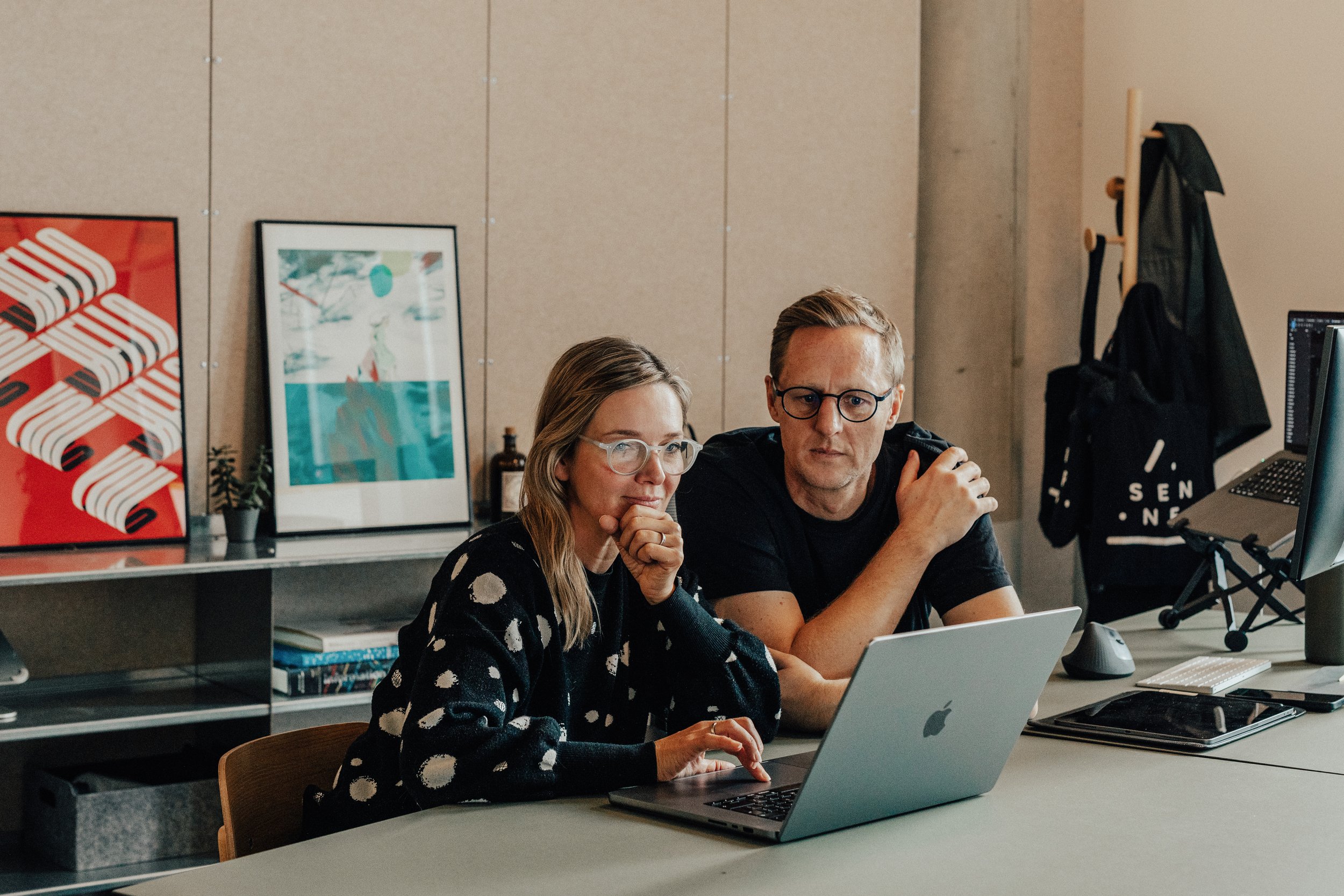The Vibe Shift Economy
Blending hard data with cultural insight, a new “vibe economy” is emerging—one that is several standard deviations away from business as usual, fundamentally redefining career trajectories, human identity, and societal expectations in the workplace.AI, Vibe Shift and the Remix
In a Shoreditch loft, a fusion of tech hub and creative atelier, a freelance “vibe consultant” seamlessly transitions from defining a brand’s TikTok persona to debugging AI-generated marketing scripts. Once dismissed as corporate jargon, this role exemplifies a new professional paradigm—driven by AI and informed by cultural shifts anticipated by trend forecaster Sean Monahan, who charted transformative periods from the Hipster era to the Hypebeast age.
Traditional career paths, formerly predictable and comfortably clustered around a normal distribution curve, are now diverging significantly. AI’s pervasive influence stretches and skews this distribution, pushing professionals toward outlier roles that value creativity, flexibility, and intuitive understanding. This profound shift also represents a cognitive realignment described by Dr. Iain McGilchrist as a transition from left-brain analytical thinking towards right-brain intuitive integration. Echoing Henry Kissinger’s perspective, success now requires the fusion of technological proficiency with philosophical insight, reminiscent of Enlightenment-era interdisciplinary mastery.
The emergence of these roles is not merely an economic evolution but a cultural revolution, altering our fundamental conception of what constitutes meaningful work and a fulfilling career.
Vibe Pilots
Today's creative studios resonate with roles unimagined a decade ago. The “Vibe Pilot” has emerged as a key player, meticulously curating atmospheres within professional environments. Their role transforms mundane meetings into intentionally crafted experiences, subtly engineering emotional and social resonance. Some companies have already recognised the value of such roles to optimise productivity through cultural alignment.
Parallel to this, “AI Reinforcement Trainers” are emerging as crucial facilitators who instruct AI systems in human subtleties, empathy, and contextual awareness. Investor Jason Calacanis underscores this trend, highlighting new roles for journalists previously displaced by AI automation. For example, journalists with specialised domain knowledge in fields such as agriculture are now hired by data aggregators to refine and reinforce AI-generated answers through direct interaction and iterative learning processes.
The rise of "Vibe Fluencers" marks a critical cultural shift, placing authenticity and resonance above traditional influencer metrics like follower count. Professional copywriters evolve into "Vibe Poets," encapsulating nuanced brand voices, while prompt engineers transition into "Prompt Poets," engaging deeply with AI through conversation engineering—a strategic skill emphasised by Chantal Smith and Matteo Castiello as essential for optimizing human-AI interactions.
The Vulnerability of Influencers in an AI Driven World
Influencers, long accustomed to leveraging curated aesthetics and massive followings, now face significant vulnerability due to the rise of AI-generated content. Digital personas threaten traditional perceptions of authenticity, compelling influencers to pivot toward transparent cultural curation. Rather than signaling weakness, vulnerability has become a strategic strength, enabling deeper human connections and fostering resilience amid technological disruptions.
Influencers must now actively engage audiences through genuine narratives and authentic interactions, transforming vulnerability into a powerful differentiator in an increasingly saturated marketplace of digital personas.
Standard Deviation and the New Career Narrative
The mathematical concept of standard deviation has become a powerful metaphor for professional divergence in the AI-driven economy. AI’s disruptive force pushes individuals towards career niches once considered peripheral or marginal, highlighting adaptability, innovation, and creative insight.
Businesses respond proactively by creating new roles. These roles prioritise leveraging human insights alongside technological capabilities, amplifying uniquely human qualities and potential.
Scott Hartley, an influential thinker on technology and culture, highlights the rise of "Thin Companies," prioritising accuracy, precision, and economy. These companies strategically utilise AI, enabling small teams to achieve outsized results through focused execution. Hartley emphasises that as more routine tasks shift to AI, soft skills—highlighted by economist David Deming as critical for reducing coordination costs and facilitating effective collaboration—become essential.
Reclaiming Authenticity in a Vibe Centric World
AI’s assumption of repetitive tasks has sparked a cultural shift toward reclaiming human authenticity, creativity, and empathy. The emergence of hybrid roles such as vibe engineers, vibe coding underscores this profound recalibration. Career identities become increasingly fluid, narrative-driven, and fundamentally humanistic, reshaping perceptions of professional success and fulfillment.
Hartley argues that mastery in this new context is demonstrated by economy—captured elegantly by literary greats such as Hemingway and Steinbeck, whose concise narratives convey deep meaning. Modern parallels include Instagram and WhatsApp, both achieving remarkable valuations through minimal teams. This "Thin Startup" approach exemplifies how precision, economy, and focused execution enabled by AI can foster sustainable, impactful businesses.
From Nuclear Risk to Vibe Adjusted Risk—A Financial Perspective
Language significantly shapes our understanding of risk, as noted by journalist Jillian Tett, who criticised the exaggerated use of nuclear metaphors during financial crises. Just as Value at Risk (VaR) quantifies financial loss potential, a "Vibe-Adjusted Risk" metric might similarly quantify career uncertainty in the AI-driven economy. As roles deviate further from a predictable centre, risk and reward amplify, underscoring the necessity for dynamic adaptability and continuous personal development.
Embracing the Vibe Shift
The vibe shift economy represents not merely technological advancement but a cultural and intellectual renaissance redefining our relationship with work, identity, and risk. As Dell’s Institute for the Future highlights, the majority of 2030’s jobs remain undefined, underscoring the necessity for individuals to actively shape their professional narratives.
At this historic juncture, vulnerability becomes a catalyst for innovation and profound human connection. Success will be measured by our ability to adapt, engage authentically, and leverage AI’s precision while maintaining deeply human insights. It's time to recalibrate professional compasses and let the vibe guide us toward a future where authenticity, innovation, and adaptability define career success.
The vibe shift economy is here—boldly reshaping our understanding of work, identity, and human potential in the age of AI.





